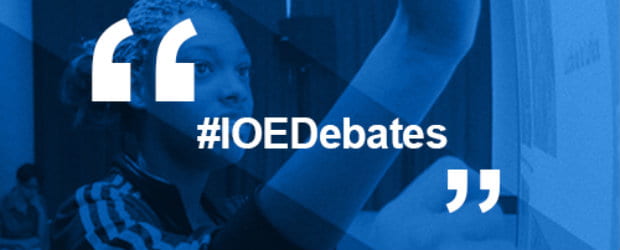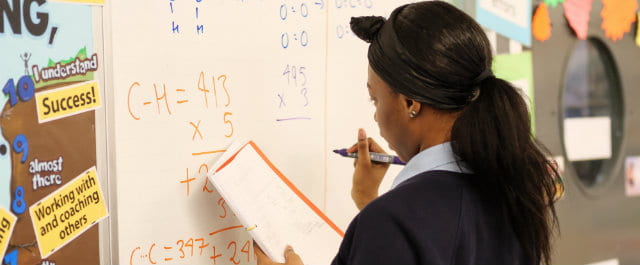
3 September 2020
By Dominic Wyse
Government guidance for schools reopening this month originally suggested that national curriculum subjects could be dropped in order to focus on key areas such as phonics. In the latest welcome U-turn, the guidance now says that “the curriculum remains broad and ambitious”. But at the same time it notes that “Substantial modification to the curriculum may be needed at the start of the year, so teaching time should be prioritised to address significant gaps in pupils’ knowledge with the aim of returning to the school’s normal curriculum content by no later than summer term 2021,” and goes on to give details.
The key question is, will the guidance’s emphasis on aspects such as “disapplication”, “the essentials”, and “phonics” lead to some subjects in the curriculum being neglected? The history of governments’ national curriculum reform in England suggests this will be the case.
The guidance continues, “For pupils in Reception, teachers should also assess and address gaps in language, early reading and mathematics, particularly ensuring children’s acquisition of phonic knowledge and extending their vocabulary. Settings should follow updates to the EYFS [Early Years Foundation Stage] disapplication guidance.”
And, “For pupils in key stages 1 and 2, school leaders are expected to prioritise identifying gaps and re-establish good progress in the (more…)
Filed under Childhood & early education, COVID-19 and education, Education policy, Evidence-based policy, Language and literacy, Teaching, learning, curriculum & assessment
Tags: COVID-19 and education, early childhood education, primary curriculum, primary education
2 Comments »
 Close
Close






